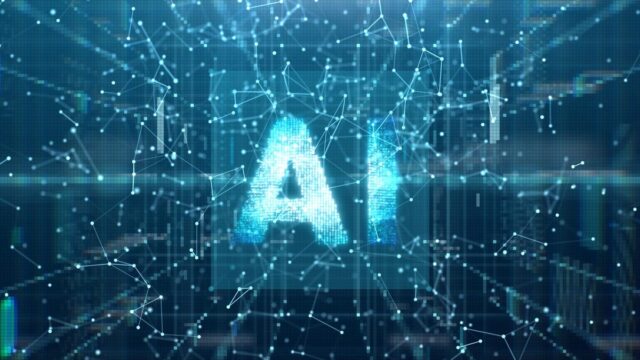Navigating Progress and Public Perception


The year 2024 represents a pivotal moment in the integration of artificial intelligence across industries. Businesses of all sizes are embracing AI solutions, forging partnerships with AI-focused companies to navigate this transformative landscape. From enhancing public safety through AI-powered security cameras to streamlining operations with AI-driven customer relationship management and cybersecurity tools, organizations are recognizing AI’s potential to revolutionize their work.
AI’s Dual Narrative: Promise and Apprehension
- Unlocking Potential: The positive impact of AI is undeniable. Tools like ChatGPT are empowering workers to create content at unprecedented speeds and deliver personalized customer experiences. Additionally, AI is enabling knowledge workers to extract valuable insights from vast amounts of data, automate mundane tasks, and optimize their workflows.
- Confronting Concerns: Despite the evident benefits, a growing disconnect between AI’s potential and public perception is emerging. Trust in AI companies has declined since 2019, especially in developed nations. Concerns about AI’s societal impact and potential misuse of personal data are fueling skepticism and resistance. The fear of job displacement, coupled with concerns about privacy breaches, underscores the need for AI companies to address these concerns proactively.
Ethical AI: A Blueprint for Trust
- Transparency and Data Responsibility
Open Communication: Establishing and maintaining trust requires transparent communication about data collection, usage, and storage practices. Companies must be upfront with stakeholders about how AI systems utilize and protect their information.
Accountability Measures: Implementing strong accountability mechanisms is crucial. Independent audits and certifications, such as the AICPA’s SOC Compliance, demonstrate a commitment to data security and responsible AI practices.
- The Human Element: Essential in AI Development
Human-in-the-Loop: Integrating human oversight into AI systems is vital. Human judgment and rigorous testing help ensure AI operates safely and predictably in complex, real-world scenarios.
Collaboration, not Replacement: Emphasizing AI’s role as a tool to augment human capabilities rather than replace them can alleviate fears of job displacement. AI should empower humans, enabling them to focus on tasks that require creativity, critical thinking, and emotional intelligence.
- Fairness and Bias Mitigation
Ethical Frameworks: Developing and adhering to comprehensive ethical guidelines for AI development and deployment is paramount. This includes proactive measures to identify and mitigate biases within AI algorithms.
Diverse Development Teams: Encouraging diversity within AI development teams ensures multiple perspectives are considered, reducing the risk of unintentional bias and promoting fairness.
Industry Collaboration: Open-source tools and shared best practices, like those offered by Google AI and IBM’s AI Fairness 360, foster collaboration and accelerate progress in building ethical AI systems.
As AI continues to evolve and permeate various aspects of our lives, addressing public concerns and building trust is imperative. AI companies must prioritize transparency, accountability, and ethical development practices. By fostering open communication, integrating human oversight, and actively working to eliminate bias, we can harness the power of AI responsibly and ensure it serves as a force for good in society. The future of AI is not just about technological advancement; it’s about creating a future where AI and humanity thrive together.
Source link



